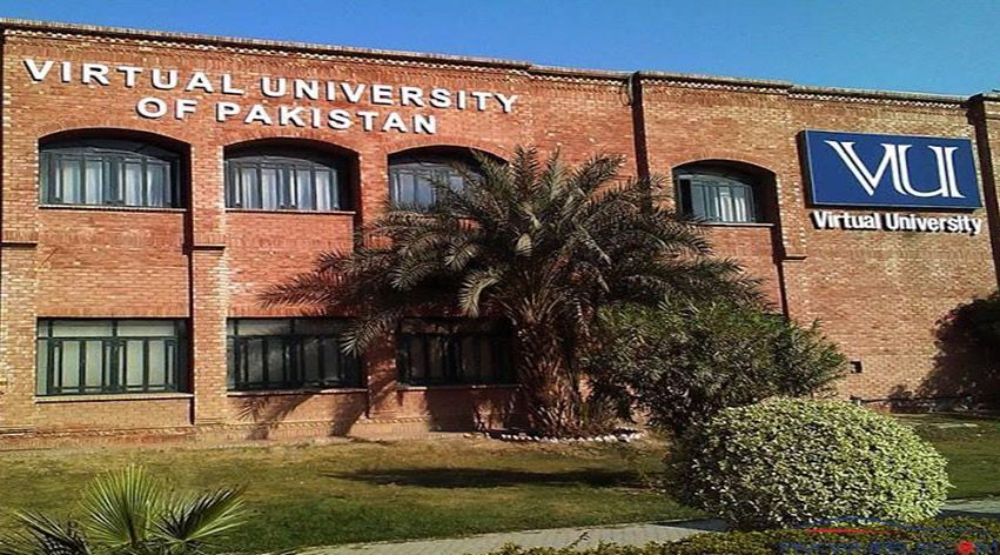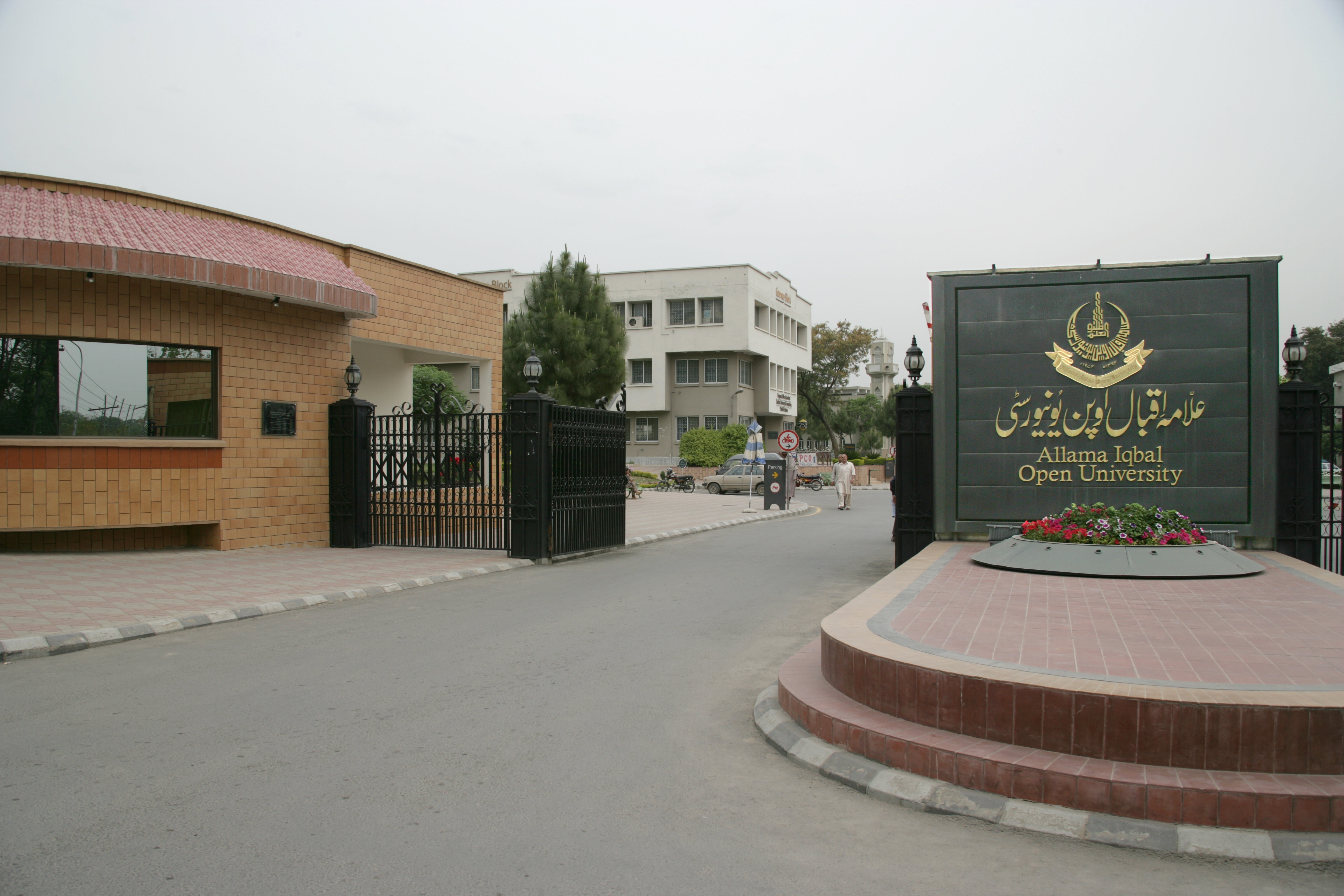

A special meeting of the National Assembly's committee on integrating women into the national mainstream was held under the chairpersonship of Nafisa Shah. The committee discussed various initiatives to enhance educational opportunities and address gender-related issues in the higher education sector.
One of the major decisions made during the meeting was to provide laptops to students of Allama Iqbal Open University (AIOU) and Virtual University.
This article explores the key highlights of the meeting, including the current state of female enrollment in universities, harassment policies, and the role of artificial intelligence (AI) in education.

Laptops for Students of AIOU and Virtual University
One of the most significant decisions taken by the committee was the provision of laptops to students enrolled in Allama Iqbal Open University and Virtual University. This initiative aims to bridge the digital divide and enhance online learning opportunities for students pursuing distance education.
Objectives of the Laptop Initiative:
-
Promote digital inclusion in higher education
-
Support students in online learning
-
Enable access to research and educational resources
-
Strengthen IT skills for future job opportunities
Beneficiaries of the Laptop Program:
| University | Student Population | Primary Beneficiaries |
|---|---|---|
| Allama Iqbal Open University | 1.3 million | Distance learning students |
| Virtual University | 200,000+ | Online education students |
Gender Representation in Higher Education
During the meeting, Higher Education Commission (HEC) Chairman Dr. Mukhtar Ahmed provided an overview of gender representation in universities. He highlighted that when HEC was established in 2002, only 37% of university students were female. Today, the ratio stands at 48% female and 52% male, indicating significant progress in women’s education.
Key Statistics:
-
2002: Female enrollment - 37%
-
2024: Female enrollment - 48%
-
Male vs. Female Ratio: 52:48
Implications:
-
More women entering higher education and professional fields
-
Increased participation in STEM and business studies
-
Potential for higher economic contributions from female graduates
Addressing Harassment in Universities
A crucial topic discussed during the meeting was harassment policies in universities. Dr. Mukhtar Ahmed stated that all universities have been advised to adopt strict policies against harassment to ensure a safe educational environment for students.
Islamia University Bahawalpur Harassment Case
The meeting also addressed the recent harassment scandal at Islamia University Bahawalpur. While acknowledging the severity of the issue, Dr. Ahmed emphasized that the situation was not as exaggerated as portrayed on social media.
Actions Taken:
-
An inquiry report was submitted
-
Several individuals dismissed from jobs
-
Some individuals still in prison
-
Stronger harassment policies recommended for universities
AI-Based Paper Generation Initiative in Islamabad
Federal Ministry of Education Secretary Mohiuddin Wani highlighted an innovative AI-based paper generation system implemented in Islamabad. This system is designed to reduce cheating, human errors, and bias in exam paper creation.
Benefits of AI in Paper Generation:
-
Ensures fair assessment of students
-
Eliminates manual errors and duplication
-
Increases efficiency in exam preparation
-
Enhances security and confidentiality of exam papers



.jpg)













Share your comments & questions here
No comments yet. Be the first to comment!